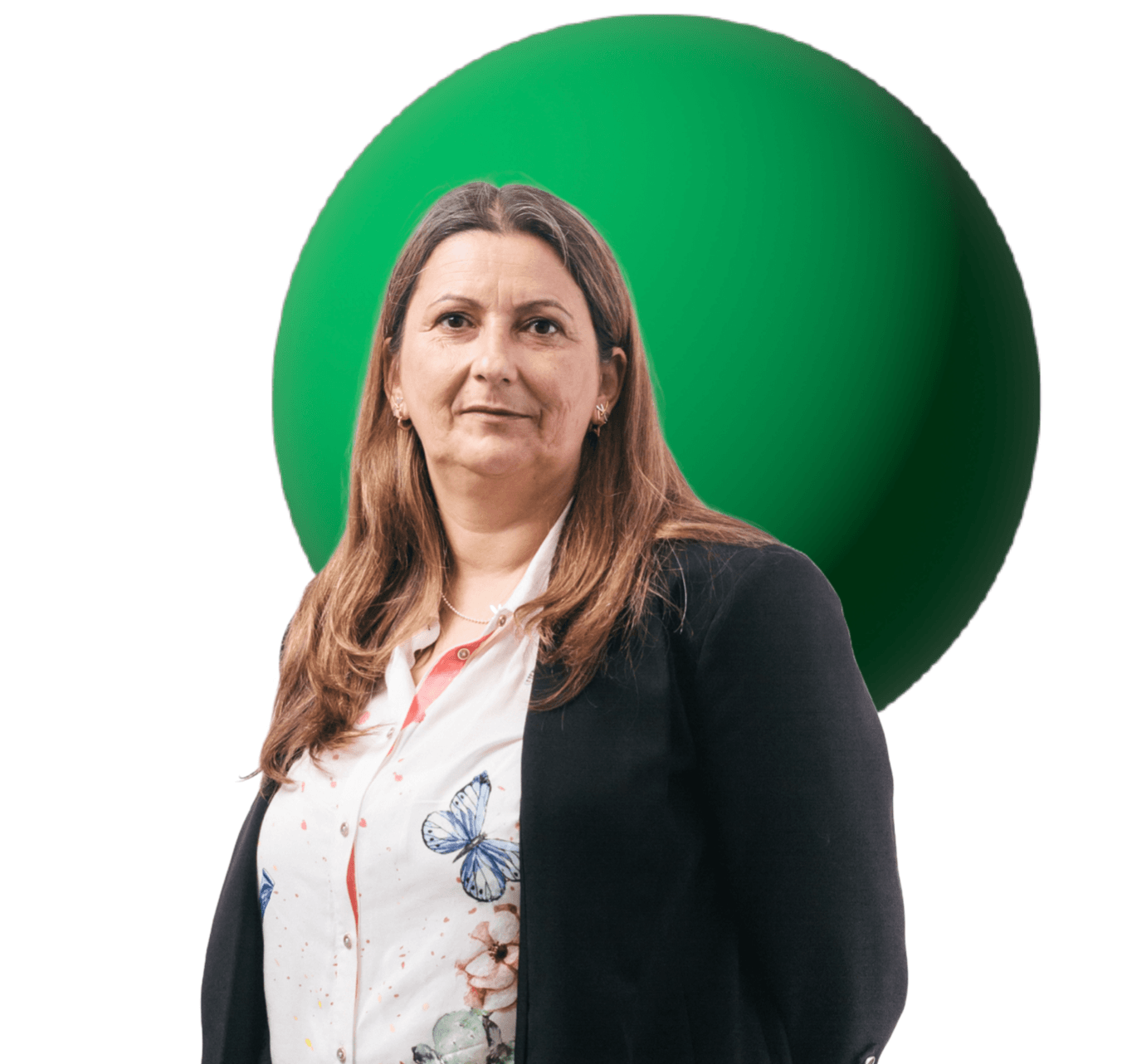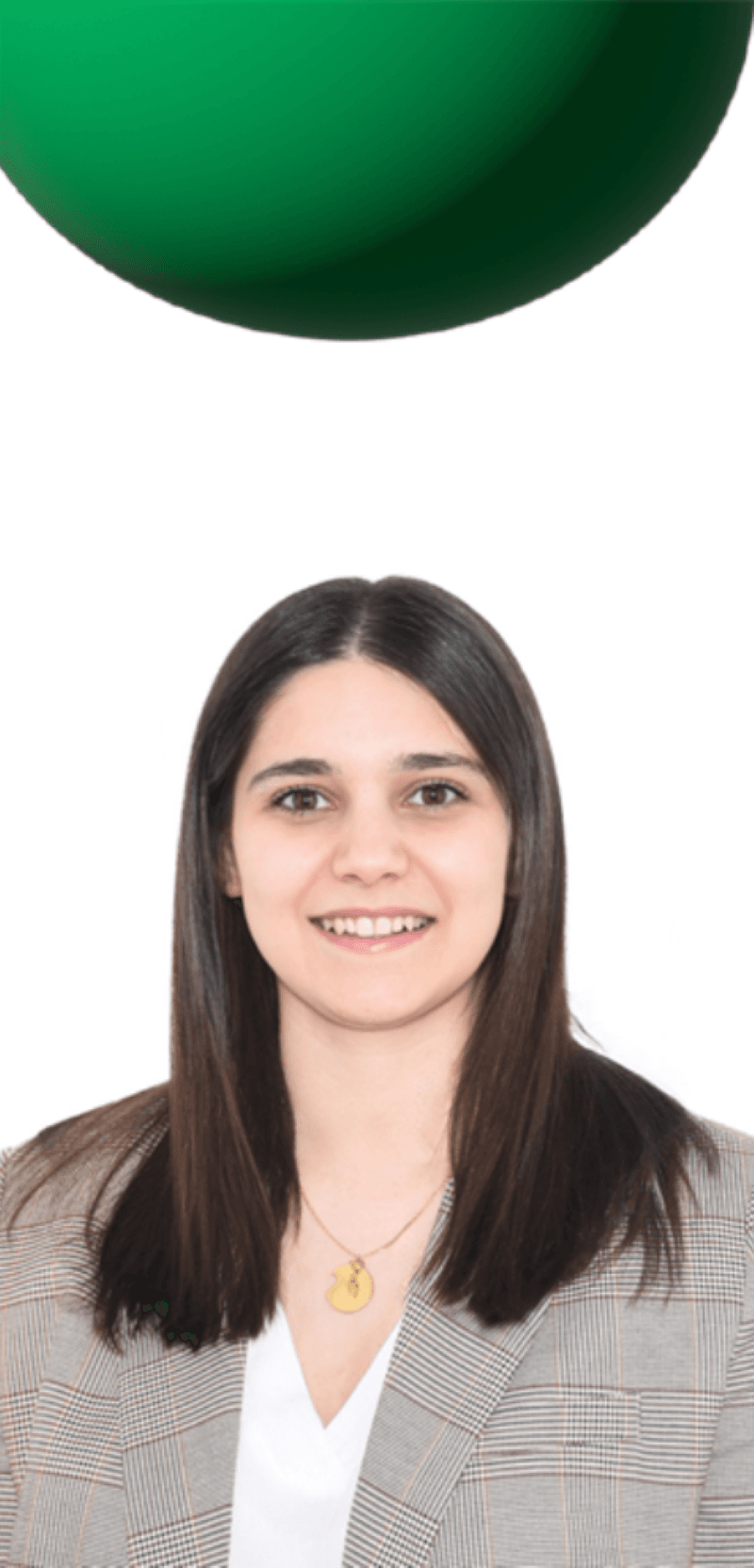Daniel Murta is an entrepreneur veterinarian with a PhD in Biological and Biomedical Sciences, and a faculty member of the Veterinary Medicine degree at the Egas Moniz School of Health & Science.
Daniel started his work in the development of the insect sector in 2011, funding EntoGreen in 2014, and leading several R&D and investment projects in the insect bioindustrial sector since then. He currently leads the InsectERA Mobilizing Agenda, which envisions the effective creation of a new productive sector in Portugal, bringing together investments totaling 43M€ under the Portuguese Recuperation and Resilience Program.
EntoGreen has close ties with academia since its inception, and CiiEM has contributed to its most recent developments Moreover, EntoGreen researchers bring their expertise to teaching, through lectures and demonstrations, and engage in collaborative research with CiiEM’s members.
Aligned with the mission to develop a new bioindustrial sector in Portugal, this partnership contributes to foster the training of human resources, to increase the awareness of novel solutions, and to the further development of new processes and products.
This partnership’s successes include national and international funded projects, such as InsectERA and InFishMix, and the frequent visits of students to EntoGreen units. The collaboration also involves sharing PhD students and resources, further cementing their commitment to innovation.
EntoGreen and Egas Moniz share a vision on One Health and how the development of novel solutions can promote a better life on earth. Their collaboration is a paradigmatic example of the benefits of academia and industry partnerships, leading to the creation and evaluation of new products, processes, and services, to ensure efficacy and safety.








